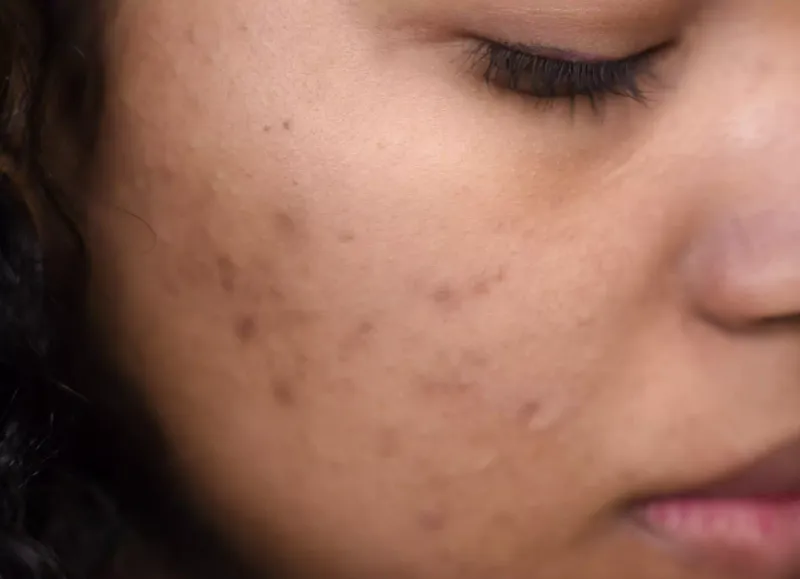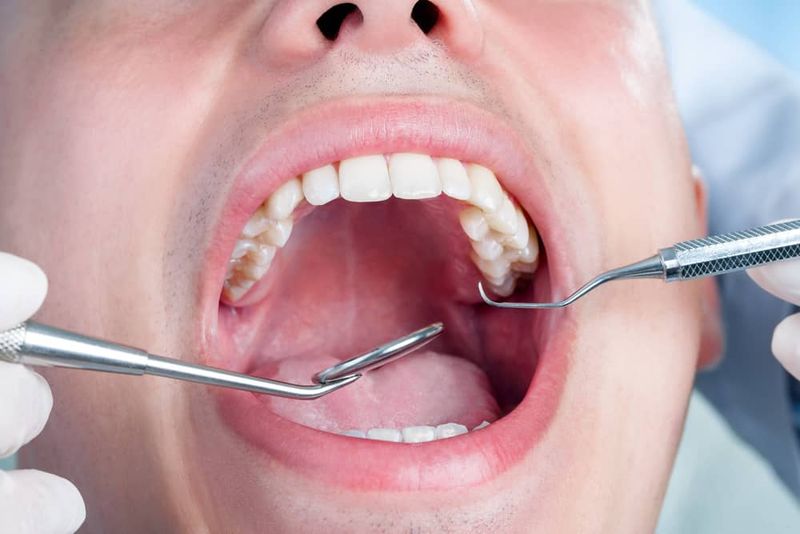Sugar is one of the most ubiquitous ingredients in the modern diet. From breakfast cereals and flavored yogurts to salad dressings and even bread, added sugars are everywhere—and often where you least expect them. While our bodies do need a small amount of sugar to function (especially glucose, which fuels our brain and muscles), excessive consumption of added sugar has been firmly linked to numerous health issues, including obesity, type 2 diabetes, heart disease, and even certain forms of cancer.
The problem is that sugar doesn’t just show up in obvious treats like cookies and soda. It hides under dozens of aliases on nutrition labels—think “high-fructose corn syrup,” “cane juice,” “dextrose,” and “maltose”—and it’s designed to keep you coming back for more. As a nutritionist, I often encounter clients who aren’t even aware of how much sugar they’re actually eating. They may not even have a sweet tooth, but they still struggle with fatigue, skin issues, or weight gain—many of which are signs of sugar overload.
Let’s take a closer look at 10 key warning signs that you may be eating too much sugar, followed by practical tips to reduce your intake without feeling deprived.
1. Constant Fatigue and Energy Crashes
One of the most telling signs of excessive sugar intake is the infamous energy crash. You may start your day with a muffin or sweetened coffee drink and feel energized temporarily, but by mid-morning, you’re foggy-headed, sluggish, and reaching for another snack. What’s happening here is a spike-and-drop cycle in your blood sugar.
When you consume simple carbohydrates or sugary foods, your blood glucose rises rapidly. In response, your pancreas releases insulin to shuttle that sugar into your cells. If the rise is too sharp, insulin can overcompensate, causing blood sugar levels to dip quickly. This drop is what makes you feel tired, cranky, and hungry again. Over time, this cycle stresses your metabolic system and increases your risk for insulin resistance—a precursor to type 2 diabetes.
2. Persistent Sugar Cravings
If you find yourself constantly thinking about dessert or needing something sweet after every meal, it’s not just a lack of willpower. Sugar has addictive properties, and it stimulates the release of dopamine in the brain—the same neurotransmitter that gives you a rush of pleasure when you fall in love or achieve a goal.
Repeated exposure to this dopamine hit can cause your brain to crave more sugar in order to achieve the same level of satisfaction. It’s a bit like building up a tolerance. This cycle can become difficult to break, especially when your meals are built around highly processed, low-fiber foods. If you’re craving sweets even when you’re not hungry, it’s a sign your diet might be too sugar-laden.
3. Weight Gain, Especially Around the Abdomen
Sugar provides a lot of calories with virtually no nutrients—what we often call “empty calories.” The more sugar you consume, particularly in liquid form (like soda, sweetened coffee, and fruit juice), the easier it is to exceed your daily energy requirements without feeling full.
When your body has more energy than it needs, it stores the excess as fat. Unfortunately, sugar intake is strongly associated with increased visceral fat—the kind that collects around your abdominal organs and is linked to cardiovascular disease, insulin resistance, and inflammation. If you’re noticing weight gain in your midsection without a significant change in your activity level, excess sugar may be a contributing factor.
4. Mood Swings and Irritability
Just as sugar can cause energy highs and crashes, it can also trigger emotional rollercoasters. The same blood sugar swings that lead to fatigue can also impact neurotransmitters that regulate mood.
When blood sugar levels drop after a spike, your brain may receive inconsistent fuel, leading to symptoms like irritability, anxiety, or sadness. Some studies suggest that high sugar intake may even be associated with a greater risk of depression. If your mood feels unstable and you often feel jittery or anxious without an obvious cause, your blood sugar could be out of balance due to excess sugar.
5. Frequent Skin Problems (Acne, Premature Aging)
Your skin is a reflection of your internal health, and sugar has a surprisingly significant impact on skin conditions. Diets high in sugar increase levels of systemic inflammation and oxidative stress, which can exacerbate skin issues like acne.
Moreover, sugar contributes to the formation of advanced glycation end products (AGEs)—molecules that form when sugar binds to proteins in your body. AGEs damage collagen and elastin, the proteins that keep your skin smooth and youthful. Over time, this accelerates the skin’s aging process, leading to wrinkles, sagging, and dullness. If your skincare routine is solid but your complexion isn’t improving, it’s worth examining your sugar intake.
6. High Blood Pressure and Cholesterol
While salt often gets most of the blame for high blood pressure, sugar—especially fructose—can also play a role in cardiovascular health. Research has shown that diets high in added sugars are associated with elevated blood pressure, higher triglycerides, and lower HDL (“good”) cholesterol.
These effects may occur even in people who are not overweight, indicating that sugar’s impact on heart health is more complex than just weight gain. If your bloodwork shows rising lipid levels or blood pressure despite a generally healthy lifestyle, consider taking a closer look at your sugar intake.
7. Dental Issues
It’s no secret that sugar is bad for your teeth. Bacteria in the mouth feed on sugar and produce acid as a byproduct, which erodes tooth enamel and leads to cavities. Frequent snacking or sipping sugary drinks throughout the day creates a nearly constant acidic environment in your mouth, accelerating the damage.
Gum disease, tooth sensitivity, and chronic bad breath can also be exacerbated by high sugar consumption. Regular brushing and flossing are essential, but if dental issues persist despite good oral hygiene, your diet could be to blame.
8. Digestive Discomfort and Bloating
Sugar—especially certain forms like high-fructose corn syrup or sugar alcohols—can wreak havoc on your gut. In people with fructose malabsorption or irritable bowel syndrome (IBS), these sugars are not properly absorbed and instead ferment in the gut, causing bloating, gas, and discomfort.
Even in those without IBS, a high-sugar diet can throw off the balance of gut bacteria. Pathogenic microbes thrive on sugar, while beneficial bacteria prefer fiber-rich, plant-based foods. Disrupting this balance can lead to digestive irregularity and weakened immunity.
9. Poor Sleep Quality
What you eat during the day affects how you sleep at night. Consuming sugar close to bedtime can lead to difficulty falling asleep and more frequent awakenings throughout the night. That’s because sugar increases cortisol (a stress hormone) and may interfere with melatonin, the hormone that signals your body it’s time to sleep.
Furthermore, sugar-induced blood sugar swings can cause you to wake up hungry or in a state of low blood glucose, disrupting restful sleep. If you’re struggling with insomnia or non-restorative sleep, your evening snacks might be part of the problem.
10. Frequent Illness and Weakened Immunity
Chronic high sugar intake can suppress the immune system by impairing the function of white blood cells—your body’s first line of defense against pathogens. Studies have shown that even moderate doses of sugar (as little as 100 grams) can reduce immune cell activity for several hours after consumption.
This means that if you’re regularly eating sugary foods and beverages, your body might be less equipped to fight off infections. If you catch colds easily or feel run down more often than others, your sugar consumption could be compromising your immune function.
How to Cut Back on Sugar—Without Feeling Deprived
Reducing your sugar intake doesn’t mean eliminating joy from your meals. Here are some sustainable strategies:
- Read labels: Look out for hidden sugars in processed foods. Ingredients ending in “-ose” are usually sugars.
- Swap sugary beverages: Replace soda, juice, and sweetened coffees with water, herbal teas, or sparkling water with lemon.
- Choose whole foods: Opt for whole fruits, vegetables, legumes, and grains to provide natural sweetness and steady energy.
- Balance your plate: Incorporate protein, fiber, and healthy fats into every meal to stabilize blood sugar levels and reduce cravings.
- Limit sugary snacks: Try unsweetened yogurt with berries, a handful of nuts, or dark chocolate (at least 70%) as healthier treats.
Final Thoughts
Sugar isn’t evil, but in excess, it can quietly sabotage your health, energy, and overall well-being. By recognizing the warning signs and making thoughtful dietary changes, you can break the sugar cycle and nourish your body with what it truly needs.
As always, if you suspect that sugar is affecting your health and you’re not sure where to start, consult a registered dietitian or healthcare provider for personalized guidance. Your body—and mind—will thank you.






Leave a comment